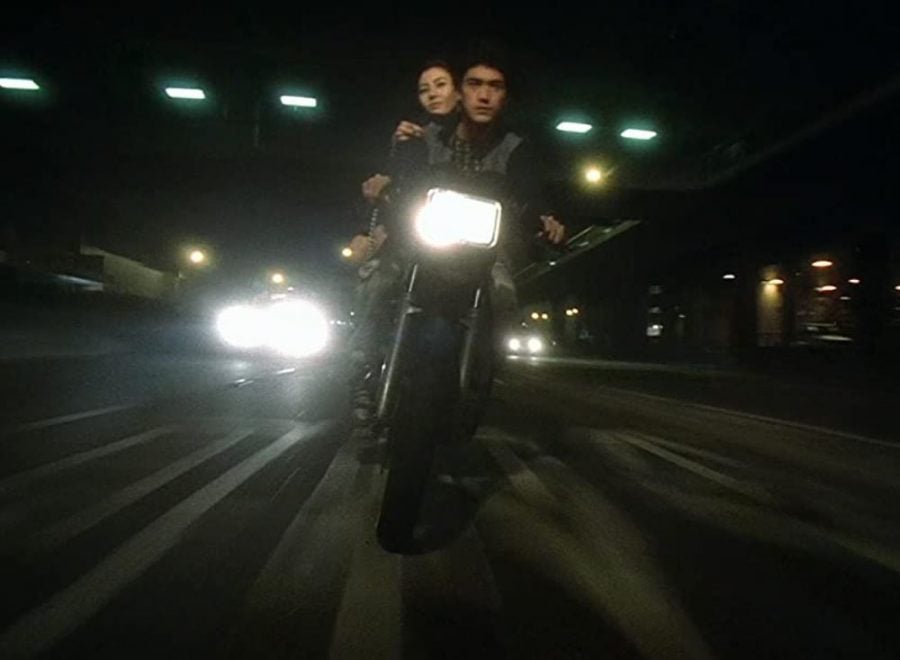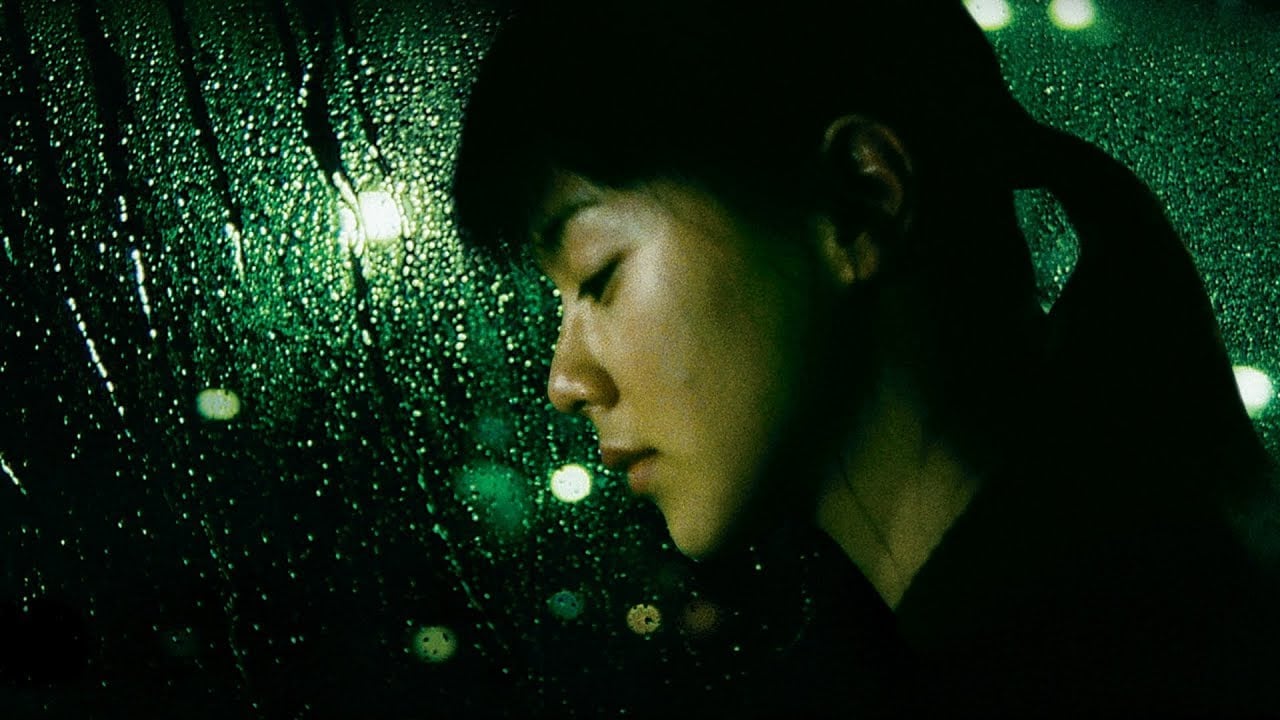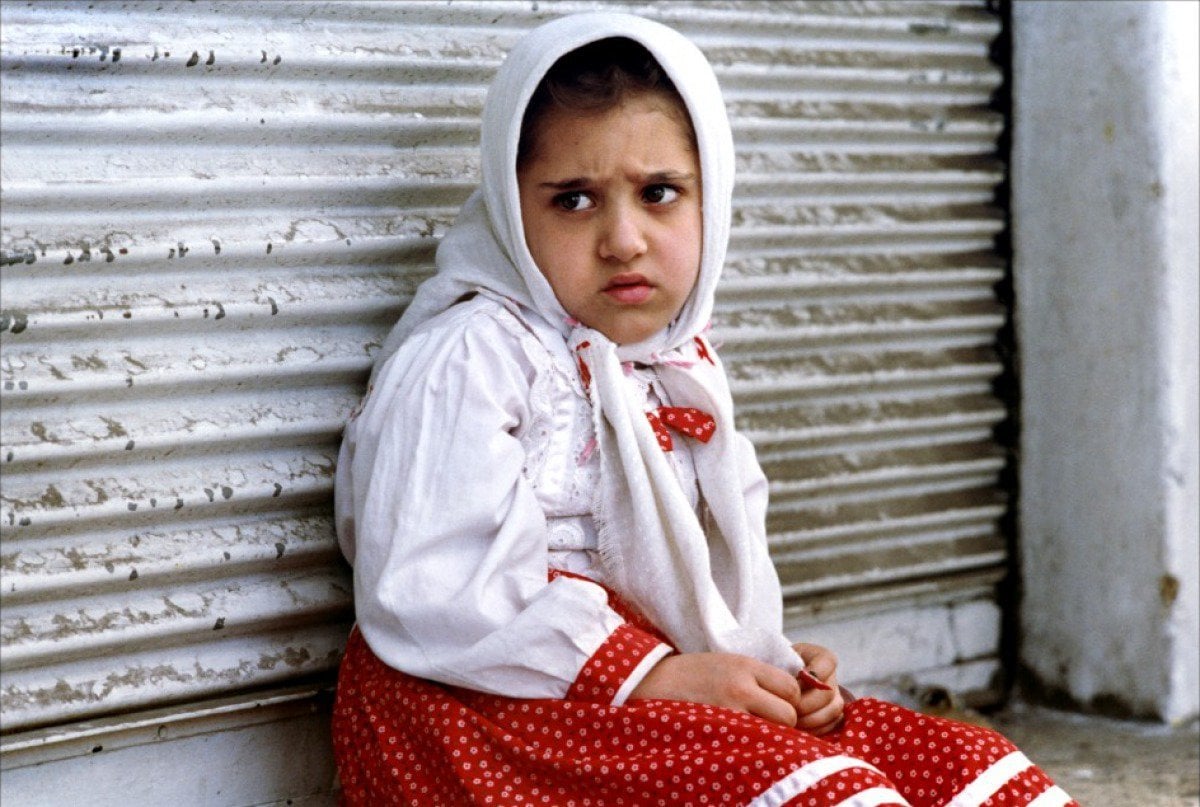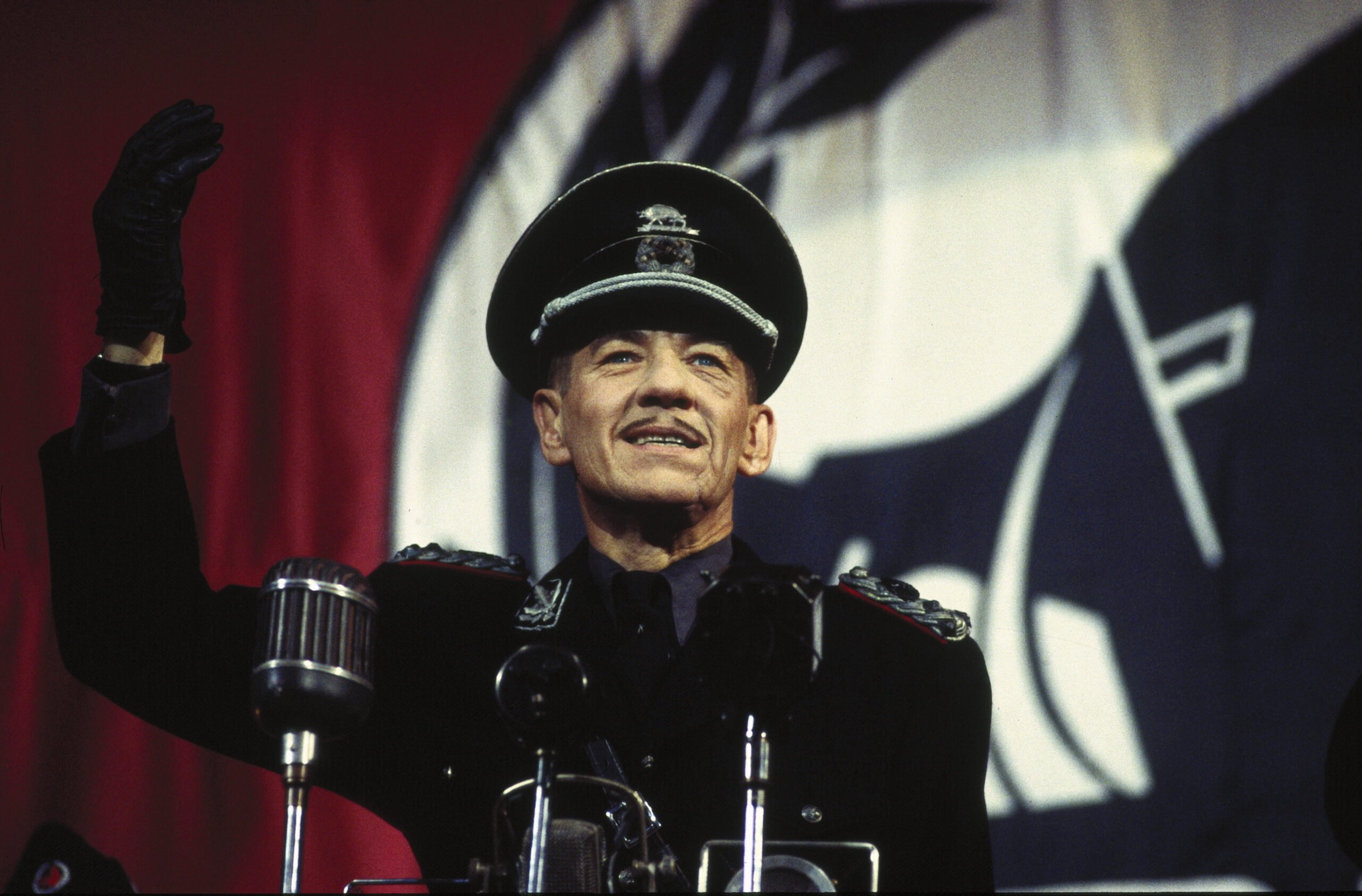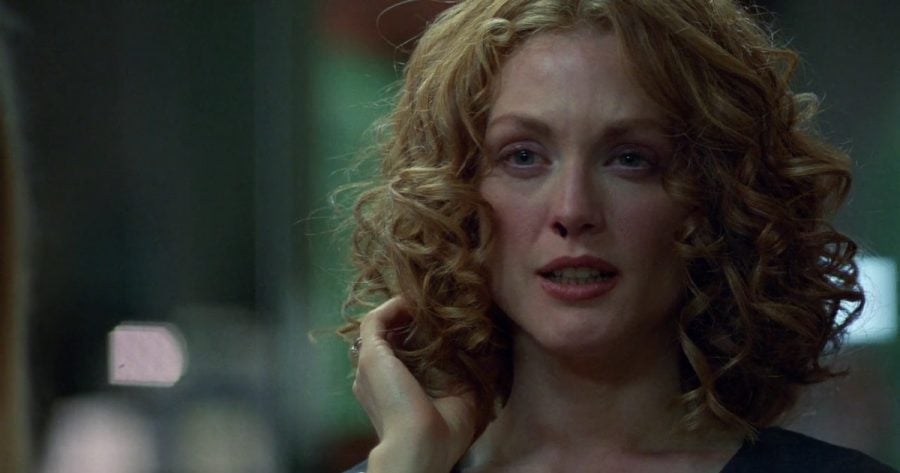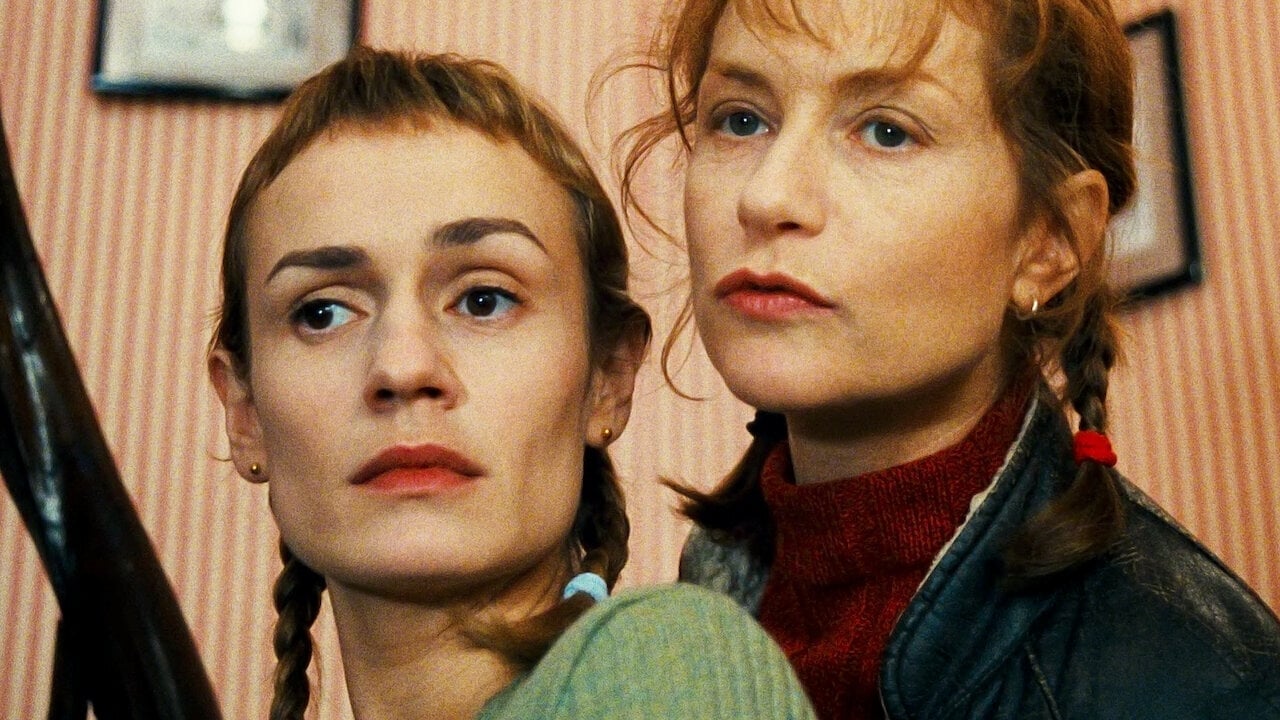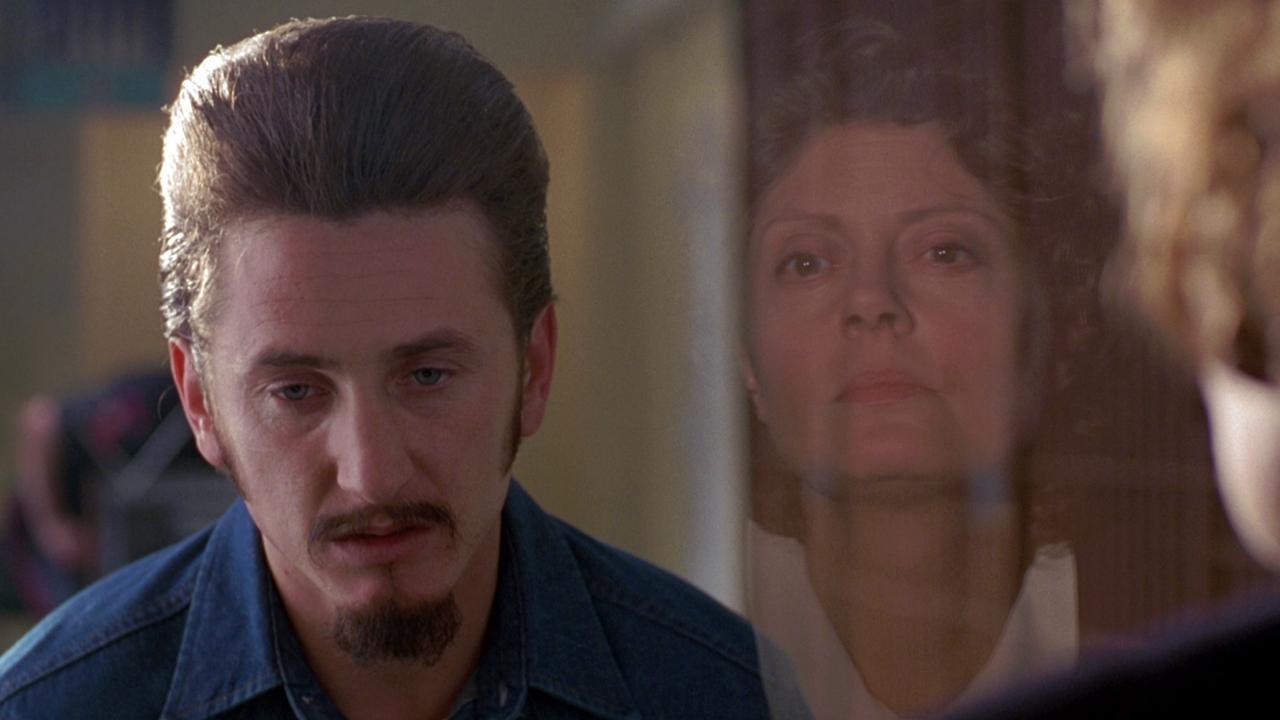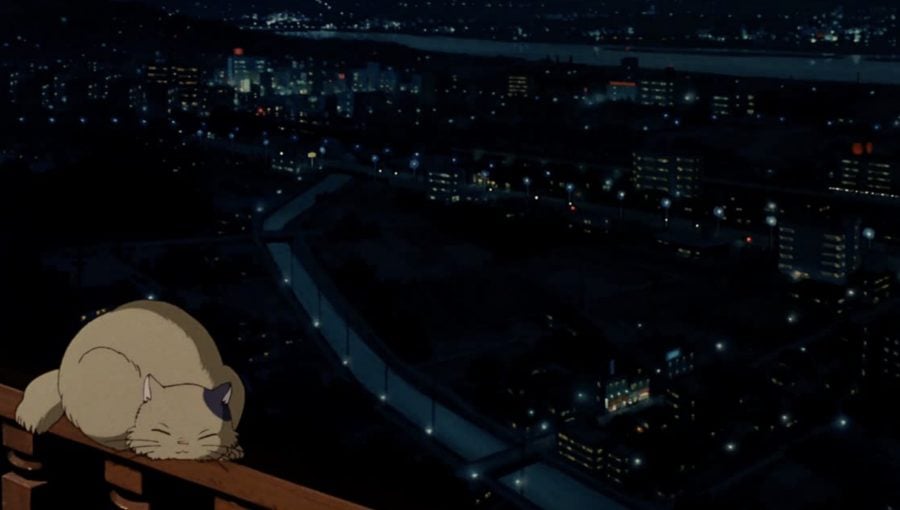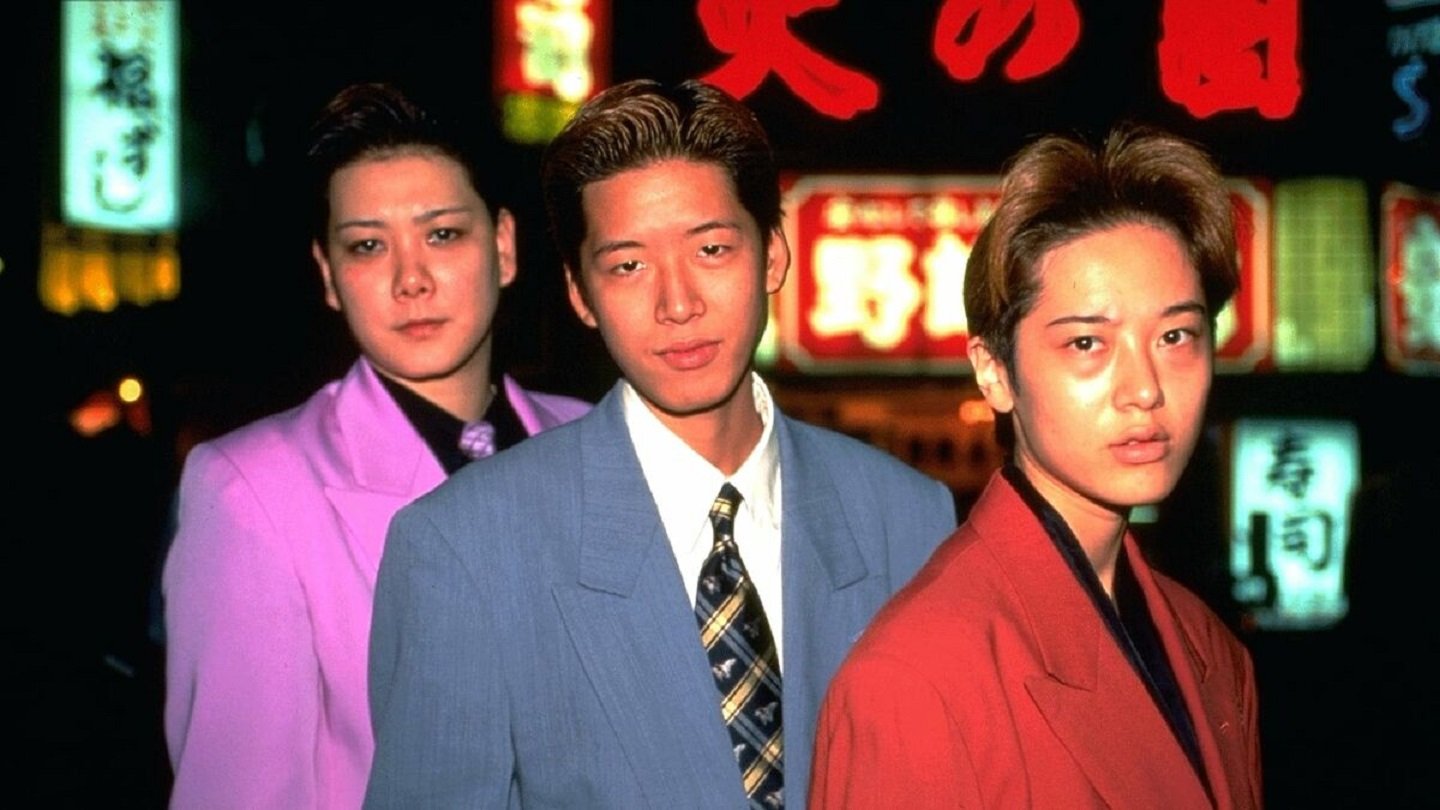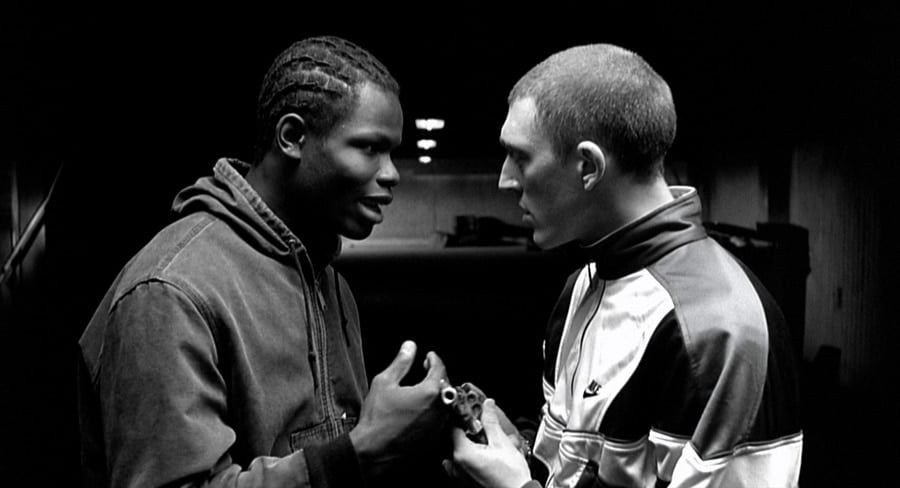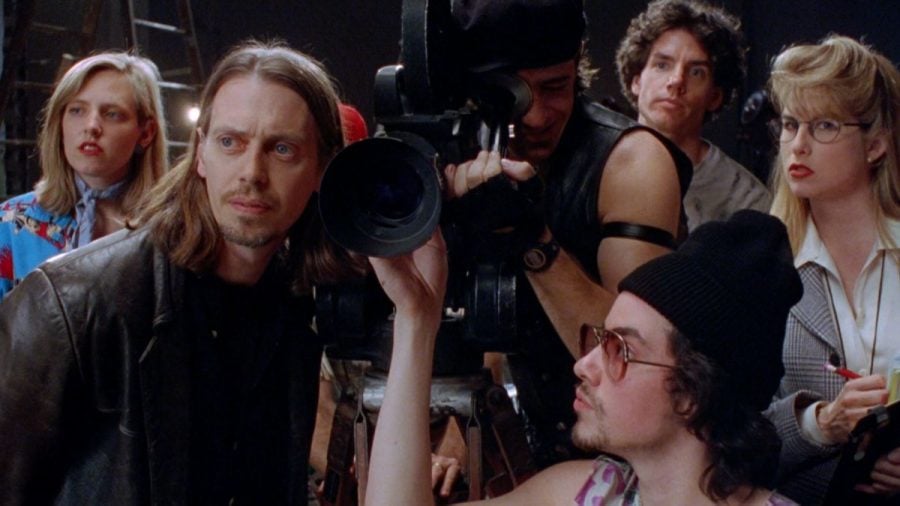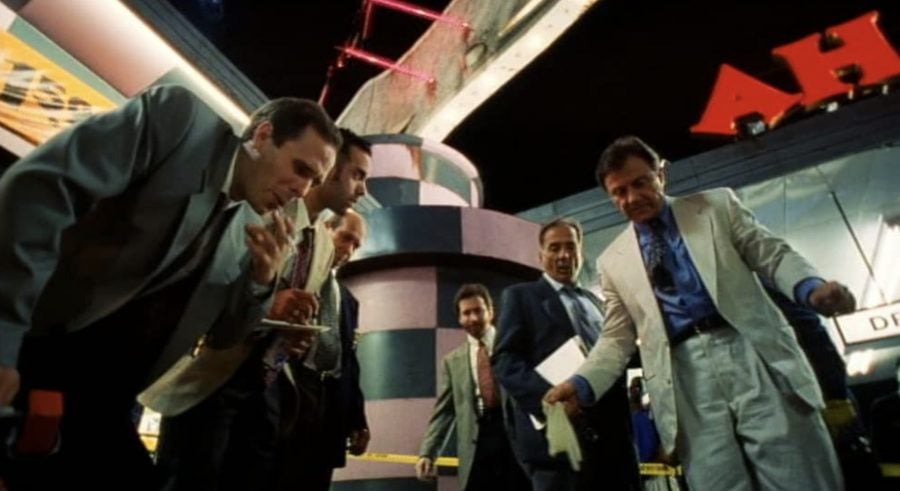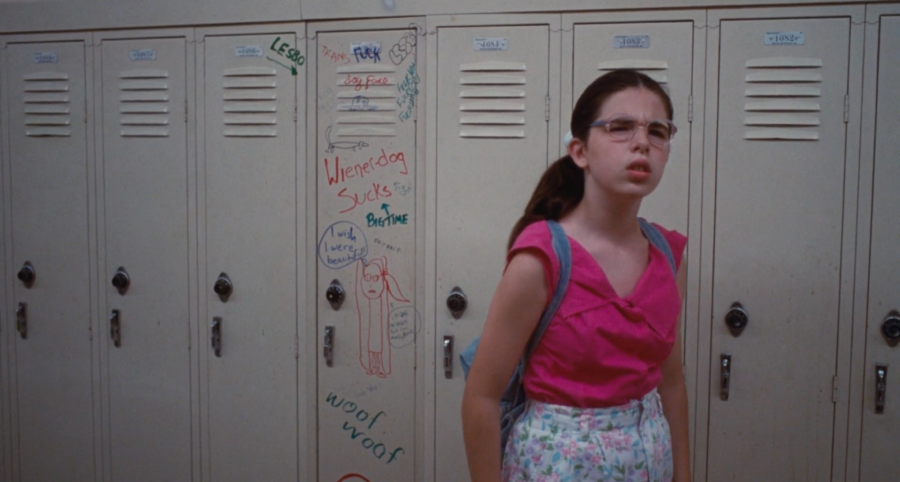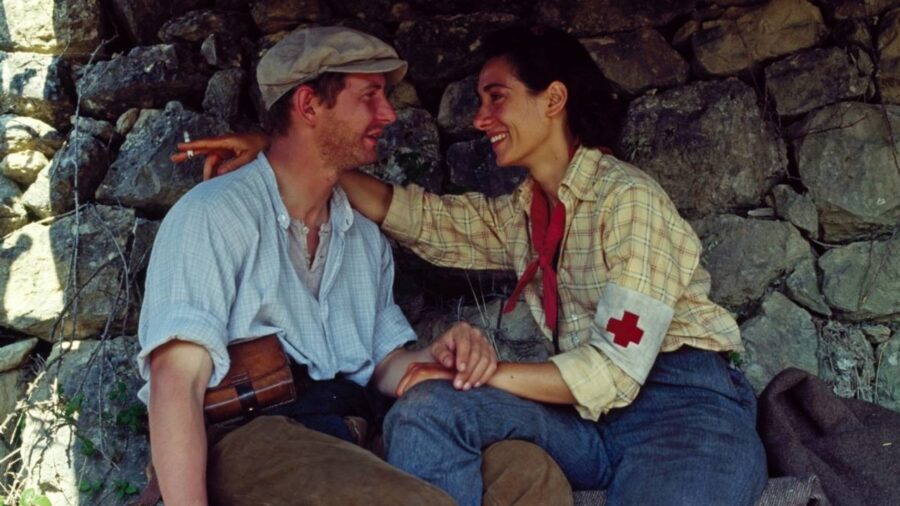Wong Kar-wai’s dreamlike masterpiece is a perfect portrayal of the wilderness of a city at night. A hitman trying to get his job done, a woman hunting the prostitute who stole her boyfriend, and a mute who loves his father's cooking: each of the characters in Fallen Angels is eccentric and interesting in their own way. Along the watch, you may find yourself overwhelmed by all the events taking place as each character fights to stay alive and satisfy their desire, but this is exactly where the beauty lies. A hazy view of Hong Kong is the backdrop for the characters' riveting stories, blending loneliness, lust, as well as missed opportunities. Fallen Angels is a remarkably balanced film that not only exposes the coldness of people in the city, but also their warmth.
Genre: Action, Crime, Drama, Romance
Actor: Benz Kong, Benz Kong To-Hoi, Chan Fai-Hung, Chan Man-Lei, Charlie Yeung, Johnnie Kong, Karen Mok, Karen Mok Man-Wai, Kwan Lee-Na, Leon Lai, Michelle Reis, Takeshi Kaneshiro, Toru Saito
Director: Kar-Wai Wong, Wong Kar-wai

